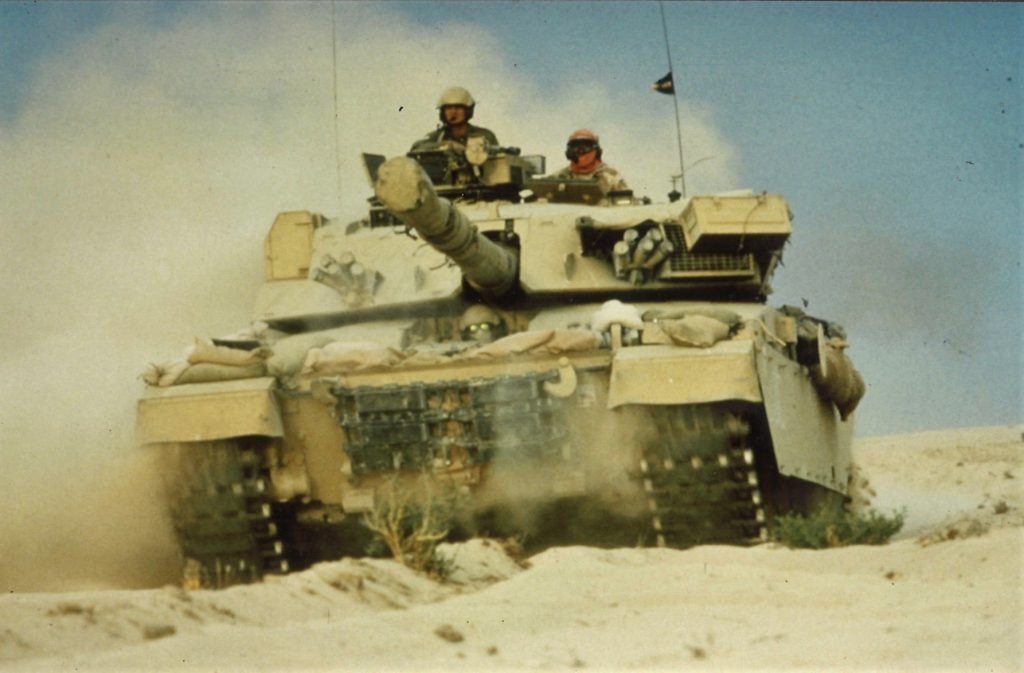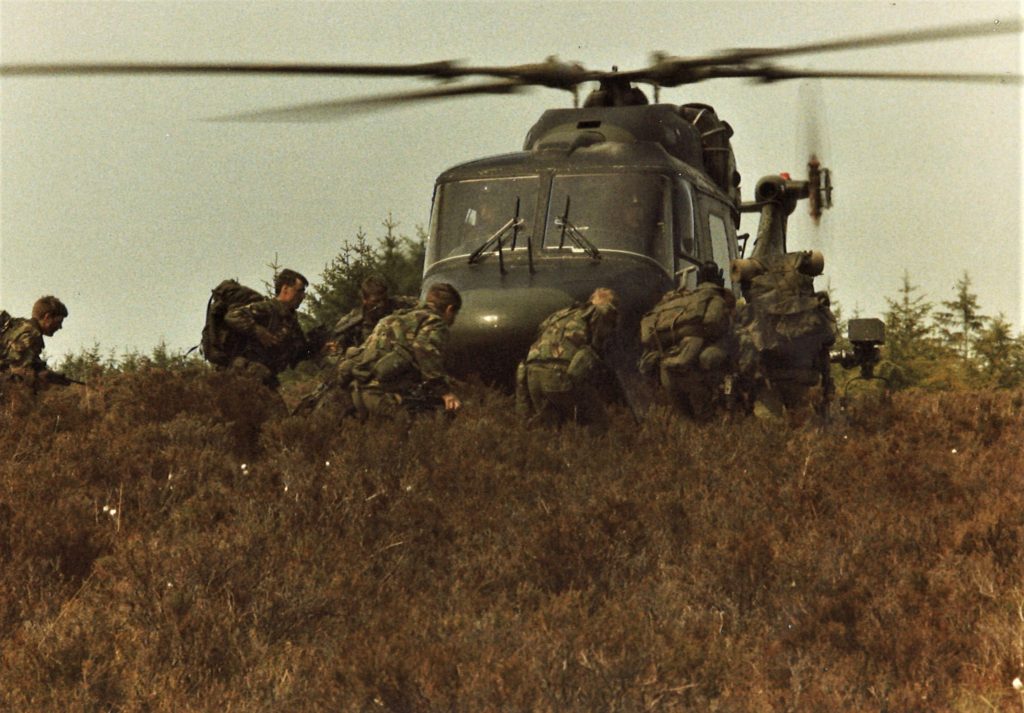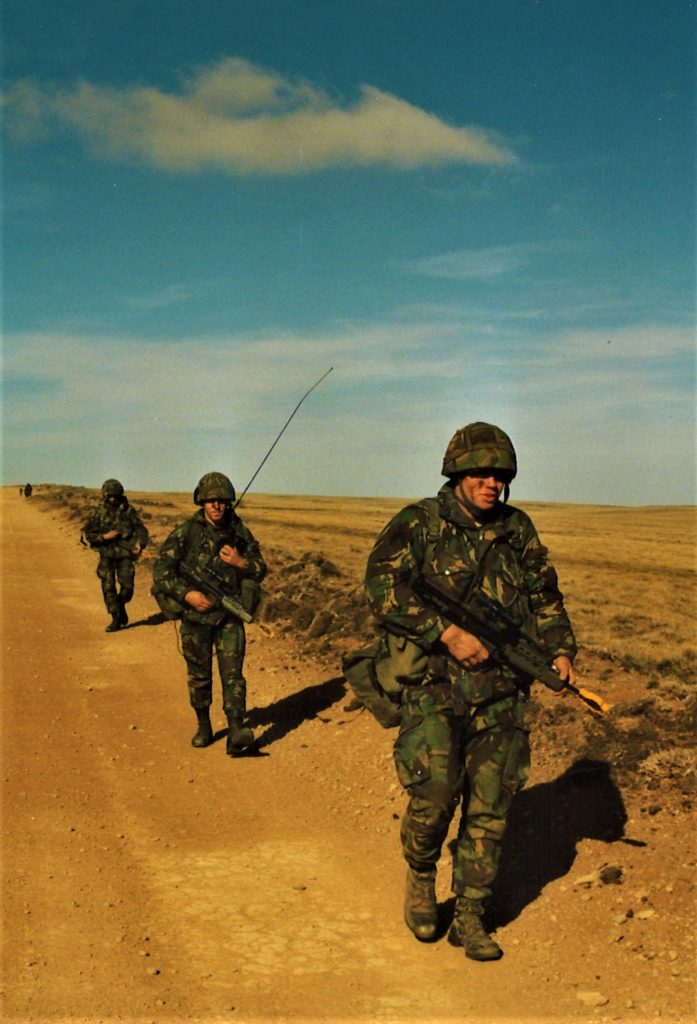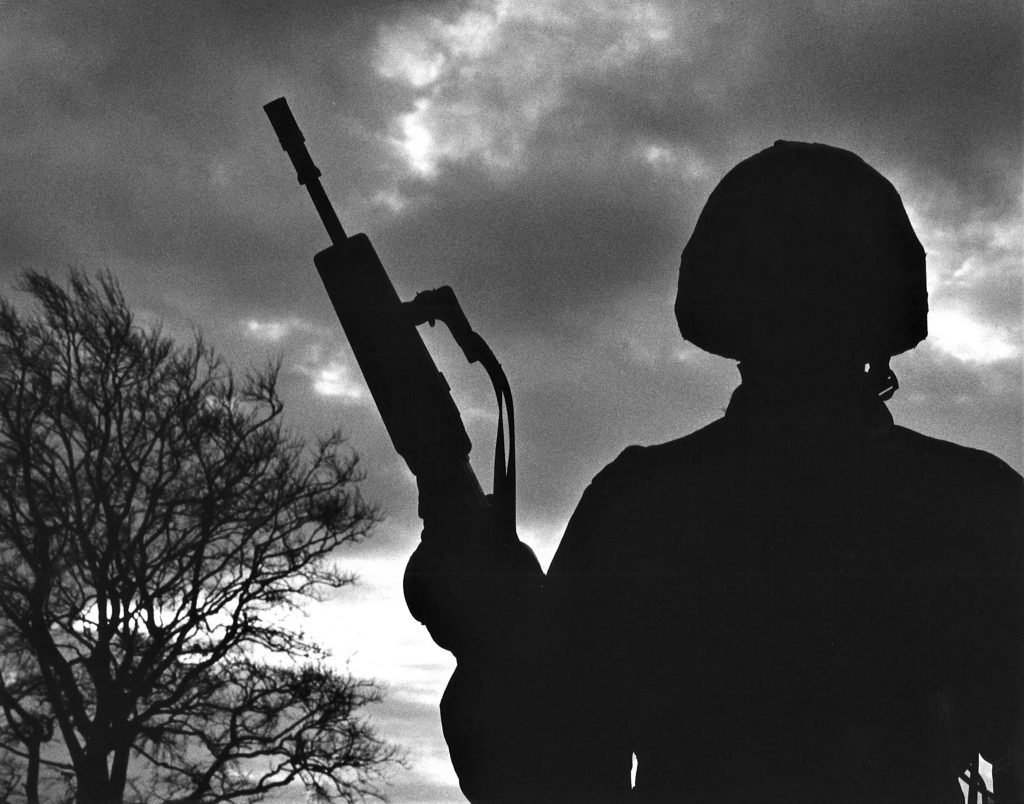Common Conditions
Combat Stress Reaction
Combat stress reaction (CSR) is a natural response to a traumatic event during combat. The mind and body continue to remain in a state of high alert long after the event is over. CSR can affect anyone and it is not a sign of weakness.

Re-adjustment Disorder
The transition from military life back to civilian life can be difficult. Many veterans find themselves missing the soldierly community they were immersed in. Old relationships might break down if they feel that the people around them can no longer relate to their experiences. In 2018, the Royal British Legion found that 65% veterans reported feelings of loneliness after reintegrating into civilian society. Readjustment disorder can lead to more severe mental health difficulties, such as depression or anxiety.

Some veterans might find themselves returning to a society which did not support the war they fought in. This can have a detrimental effect upon a veteran’s self-value. In Soldier of Consequence, Martin realises that the British public has turned against the war and that media coverage vilifies soldiers. He starts to lie about his job when he returns home.
‘Every soldier was suddenly in the firing line. One minute it was ‘our boys’, the next it was ‘scum, bullies, animals’. Sometimes I really wonder if people understand what a soldier’s job entails. You would think the media would get behind the British Forces. It seemed they only did that when one or some of us were killed.’

Post-Traumatic Stress Disorder
Post-traumatic stress disorder (PTSD) is an anxiety disorder which anyone can develop in the months following a traumatic experience. It affects your memory, forcing people who suffer from it to re-live the traumatic event again and again through flashbacks and nightmares. This can cause them to feel disconnected from others and to feel like nowhere is safe. People with PTSD may be anxious and easily startled, feel unable to enjoy life, and have problems sleeping. In severe cases, PTSD can lead to suicide.

To hear more about the experience of veterans living with PTSD, watch these videos from the Science Museum and the Guardian:
Invisible wounds: Living with post-traumatic stress disorder (PTSD) – Science Museum
https://www.youtube.com/watch?v=UWuWLHm98o8&feature=emb_title
Fight or flight: the veterans at war with PTSD – The Guardian
https://www.youtube.com/watch?v=ps4hKECvNMg
Some veterans having trouble seeking support may turn to numbing painful emotions with alcohol. The mental health charity Combat Stress has found that as many as 43% of the veterans registered with them have issues with alcohol misuse.
